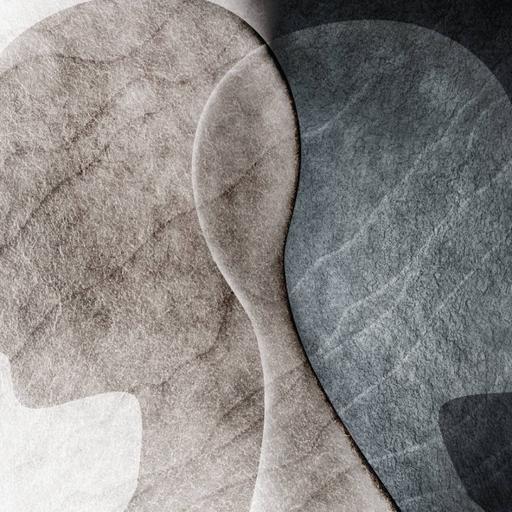Diagnosis & Treatment for Paranoia
Presentations | English
Paranoid personality disorder (PPD) is one of a group of conditions called eccentric personality disorders. People with PPD suffer from paranoia, an unrelenting mistrust and suspicion of others, even when there is no reason to be suspicious. The most common form of talking therapy for paranoia is cognitive behavioural therapy (CBT). During CBT, you will examine the way you think and the evidence for your beliefs and look for different possible interpretations. CBT can also help reduce worry and anxiety that may influence and increase feelings of paranoia. When paranoia is outside of the range of normal human experiences, it can become problematic. The two most common causes of problematic paranoia are mental health conditions and drug use. However, researchers believe that a combination of biological and environmental factors can lead to it. The disorder is present more often in families with a history of schizophrenia and delusional disorder. Early childhood trauma may be a contributing factor as well.

3.50
Lumens
PPTX (14 Slides)
Diagnosis & Treatment for Paranoia
Presentations | English
